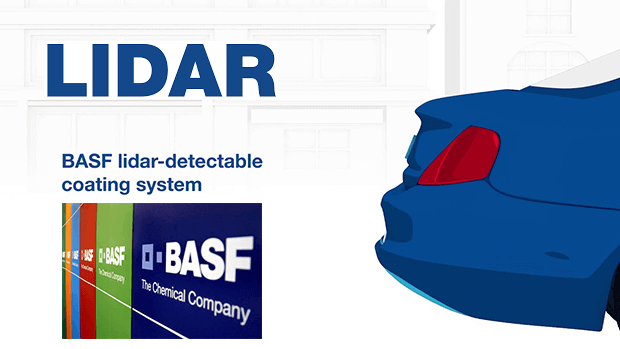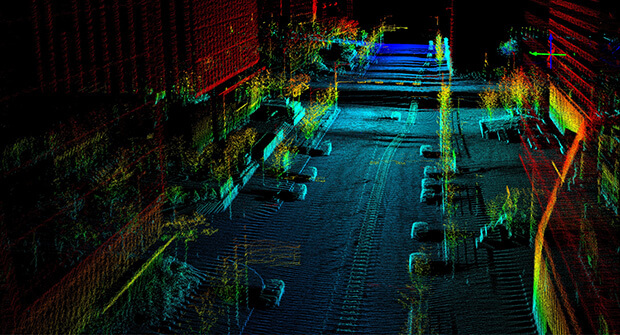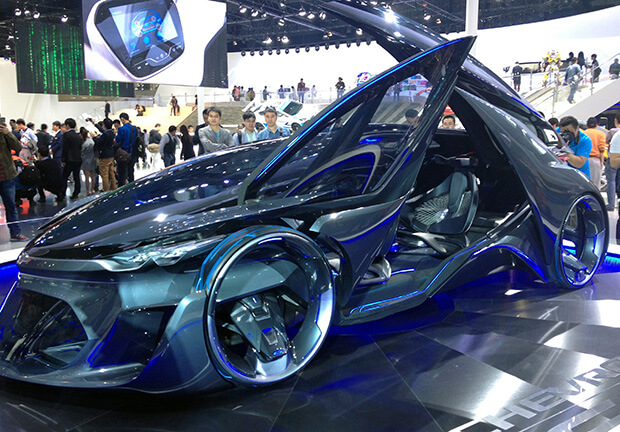BASF is working to make darker cars more visible to lidar
 BASF is a German chemical corporation and is the largest chemical producer in the world.
BASF is a German chemical corporation and is the largest chemical producer in the world.
This chemistry giant is changing the way paint is formulated specifically to eliminate materials that absorb lidar.
Lidar is probably the most critical technology which is currently utilised in the drive to develop autonomous cars.
BASF wants to make the paints highly reflective to that part of the electromagnetic spectrum that is detected by lidar.
Many of the top car manufacturing companies around the world are racing to improve lidar so that it's better able to detect vehicles and pedestrians. What they seem to be discovering is that instead of enhancing lidar technology itself, they have discovered a way to make the lidar actually work better in it current technological form?

Last month BASF Automotive Solutions said it might have just found the answer. Current versions of lidar normally have difficulty in distinguishing dark-coloured cars because the technology uses the near-infrared part of the electromagnetic spectrum.
Dark colours, therefore tend to absorb more of the lidar's pulses than they reflect, which makes them difficult to see. It has been described as like wearing a black shirt on a sunny day versus wearing a white shirt. The black shirt absorbs, the white shirt reflects.
What BASF is doing is changing the chemistry of its automotive paints so that they are more reflective to lidar. They say that the colour coat does not use any carbon black because this colour is one of the main reasons for lidar wave absorption, and the undercoat is formulated so that it's highly reflective to lidar.
BASF has cleverly designed its own highly lidar-reflective dark colour instead of using carbon black. It's called Centripetal Blue, and it's so dark that it almost looks black, but because it uses no carbon black in its colour coat, it means that it is highly lidar-reflective which is better for self-driving cars.

Author

Justin Kavanagh
Justin Kavanagh is a recognised leader
in automotive intelligence and vehicle
data supply to the entire motor industry.
He has almost 20 years experience in
building systems from the ground up.
As the Managing Director of Vehicle
Management System, he understands the
need and importance of trustworthy and
reliable vehicle history and advice to
both the trade and the public.
Follow me on LinkedIn